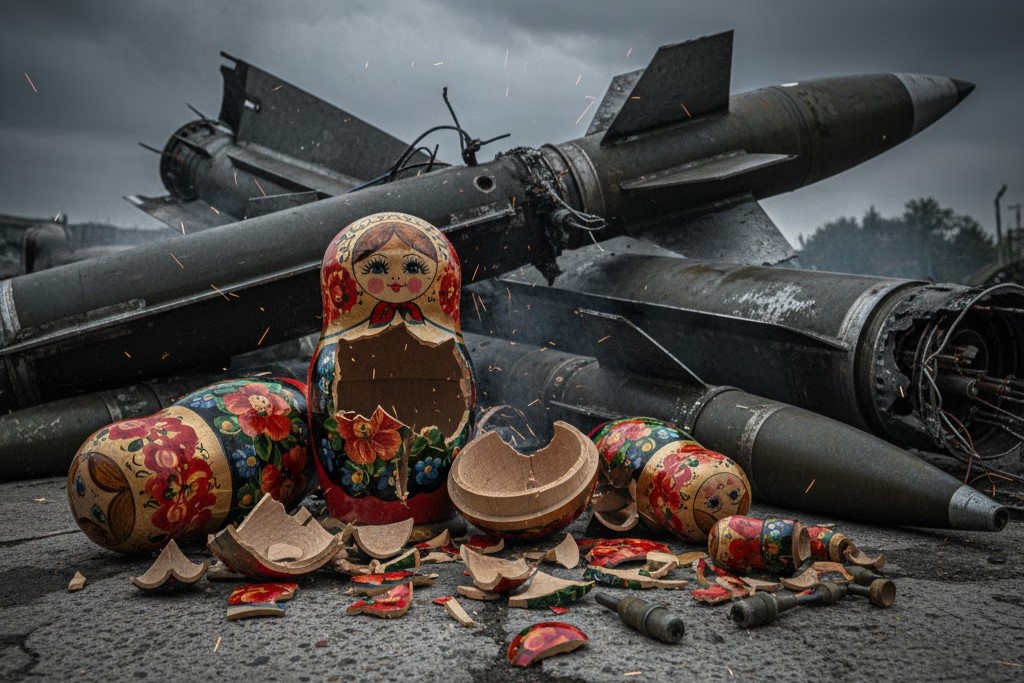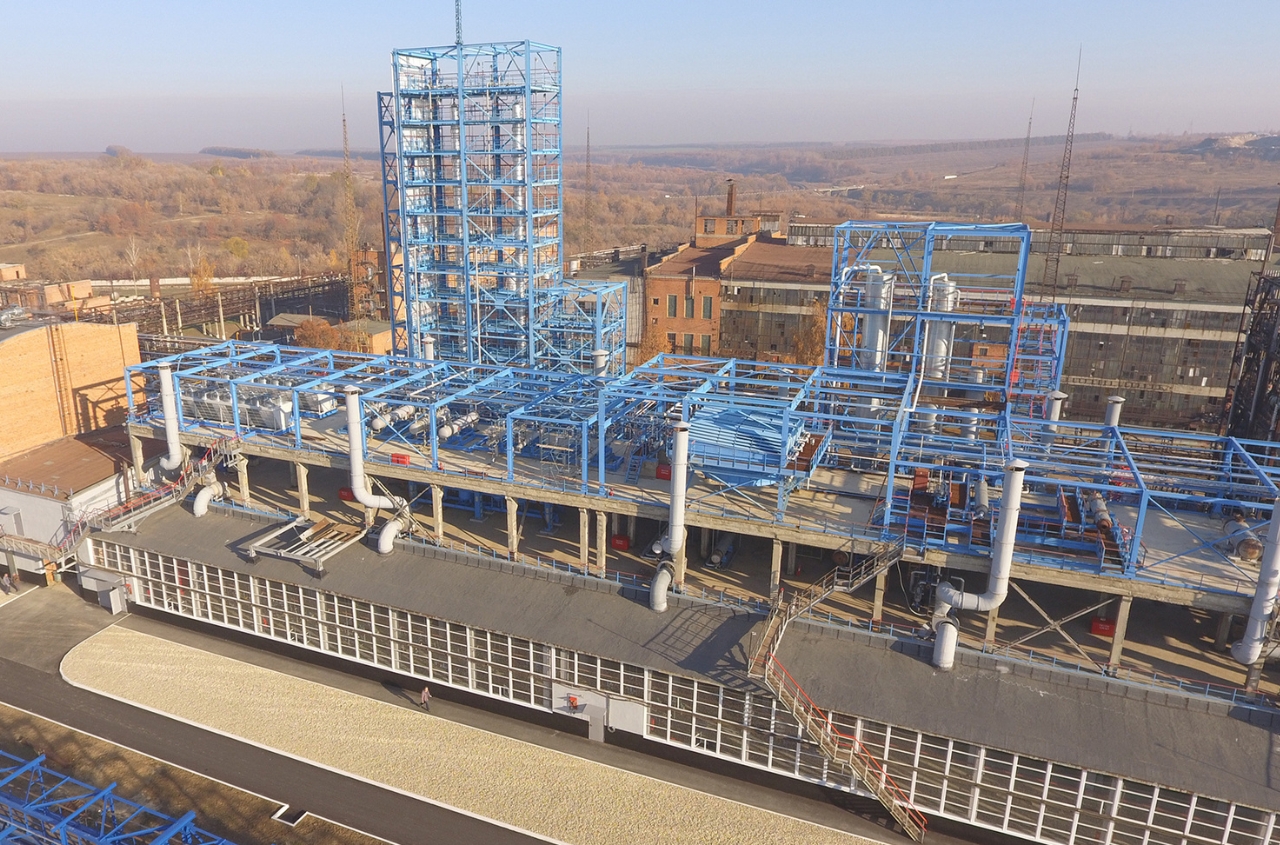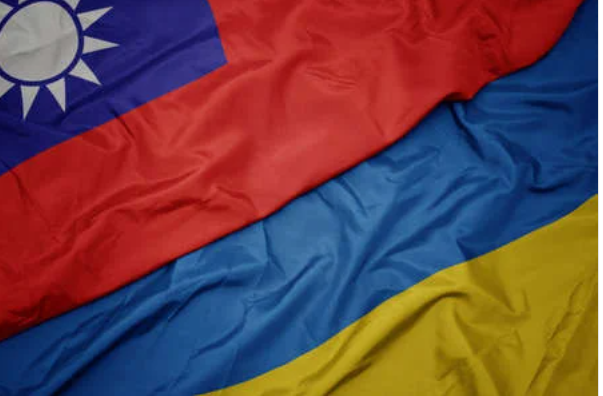The Ukrainian defense of Bakhmut remains strategically sound as it continues to consume Russian manpower and equipment as long as Ukrainian forces do not suffer excessive casualties.Â
Ukrainian forces are unlikely to withdraw from Bakhmut all at once and may pursue a gradual fighting withdrawal to exhaust Russian forces through continued urban warfare. Russian forces are unlikely to quickly secure significant territorial gains when conducting urban warfare, which usually favors the defender and can allow Ukrainian forces to inflict high casualties on advancing Russian units—even as Ukrainian forces are actively withdrawing.
The Bakhmut city center is located on the western bank of the Bakhmutka River, and Russian forces will need to fight through the area if they are unable to advance directly north or south of Bakhmut to the west of the city center. Such urban conditions and river features may benefit Ukrainian forces if Ukrainian forces are able to hold the line from Khromove (a settlement on Bakhmut’s northwestern outskirts) south to the T0504 Bakhmut-Kostyantynivka highway. Russian milbloggers noted that Ukrainian forces are retaining the ability to defend Khromove and are continuing to repel Russian attacks on Ivanivske and on the T0504 highway to the south.
The Ukrainian defense of positions near Khromove and on the T0504 could force Russian forces to fight through the urban terrain of central Bakhmut, which could impose significant delays and losses on Russian forces and accelerate the culmination of Russia’s offensive. Urban warfare in Bakhmut may further degrade already exhausted Russian mixed forces in a fashion similar to that caused by Ukraine’s fighting withdrawal from the Severodonetsk-Lysychansk line, which effectively ended Russian offensive operations in Luhansk and Donetsk regions in the summer of 2022.
The Russian offensive to capture Bakhmut will likely culminate whether Russian forces capture the city or not, and the Russian military will likely struggle to maintain any subsequent offensive operations for some months.
The conventional Russian military recently massed and lost significant numbers of mobilized personnel for a since-culminated offensive push near Vuhledar, Donetsk region. Russian "major" offensives in the Kupyansk, Svatove, and Kreminna directions in the Luhansk region are also failing to generate any significant successes on the frontlines.
The Russian military relied on Wagner Group forces to make any advances in the nine-month effort for Bakhmut and has since reinforced Wagner forces in Bakhmut with Russian airborne elements and mobilized personnel.
Russian forces likely lack the capability to further reinforce the Bakhmut area significantly without pulling forces from another area of the front line due to the lack of untapped reserves, with the possible exception of the 2nd Guards Motorized Rifle Division that was last reported in Luhansk but uncommitted to the fighting.
The culmination of all these efforts further supports ISW’s assessment that Russian forces likely lack the combat power to sustain more than one simultaneous offensive.
The Russian effort against Bakhmut does not further the Russian military’s operational or strategic battlefield aims, and significant Ukrainian defenses in the surrounding area undermine any tactical significance that capturing Bakhmut likely has for Russian forces. Ukrainian forces will likely have a window of opportunity to seize the battlefield initiative and launch a counteroffensive when the Russian effort around Bakhmut culminates either before or after taking the city.




















